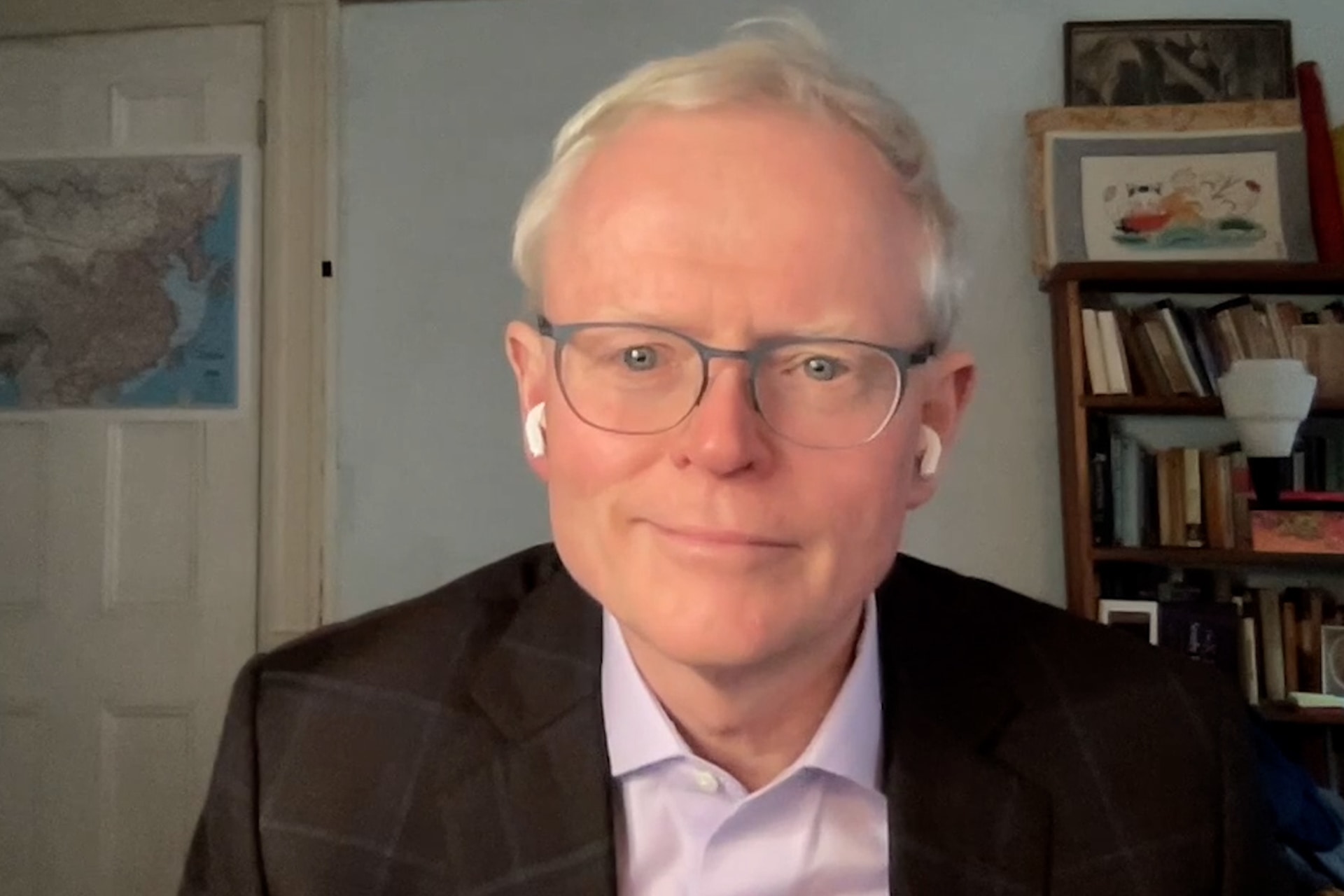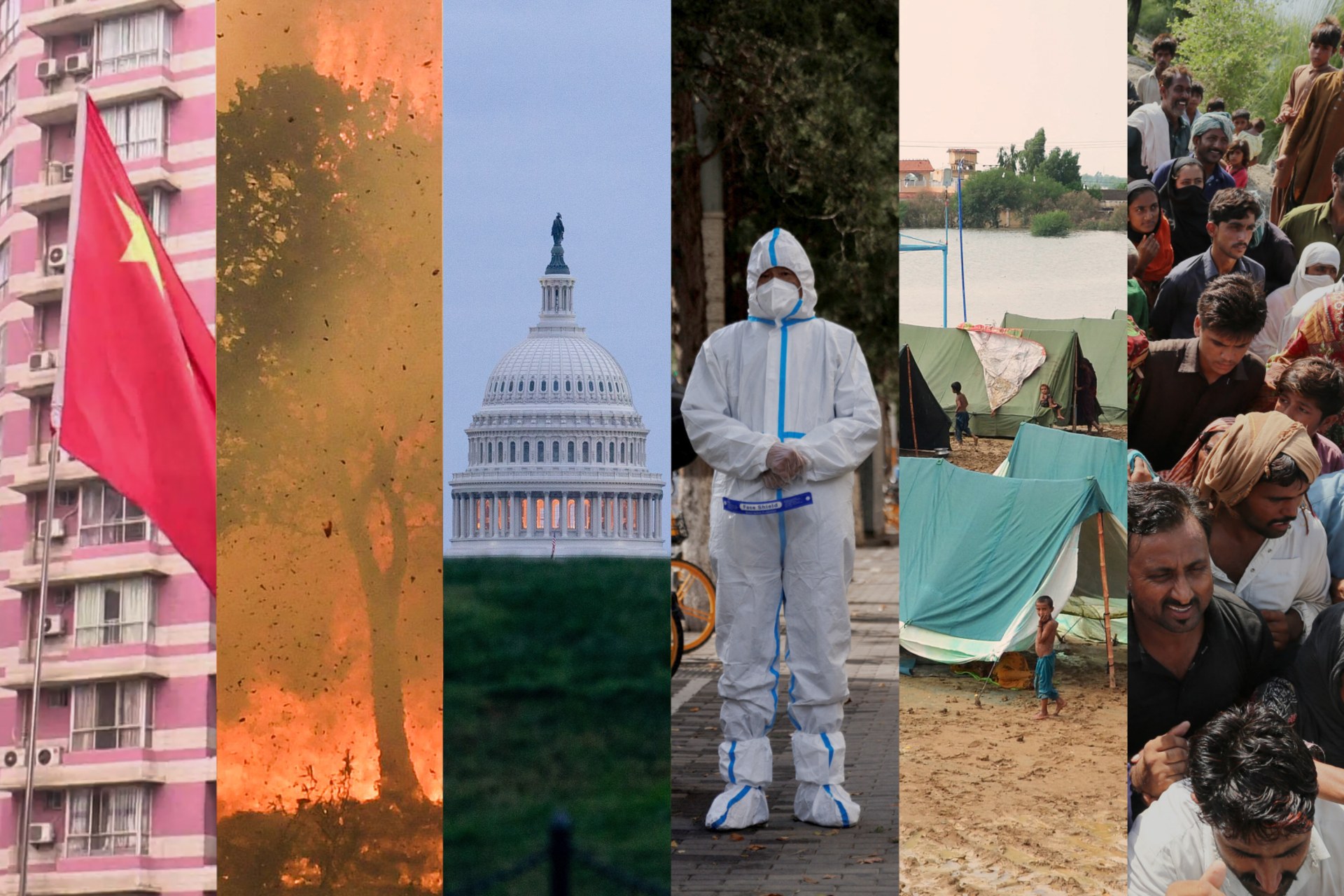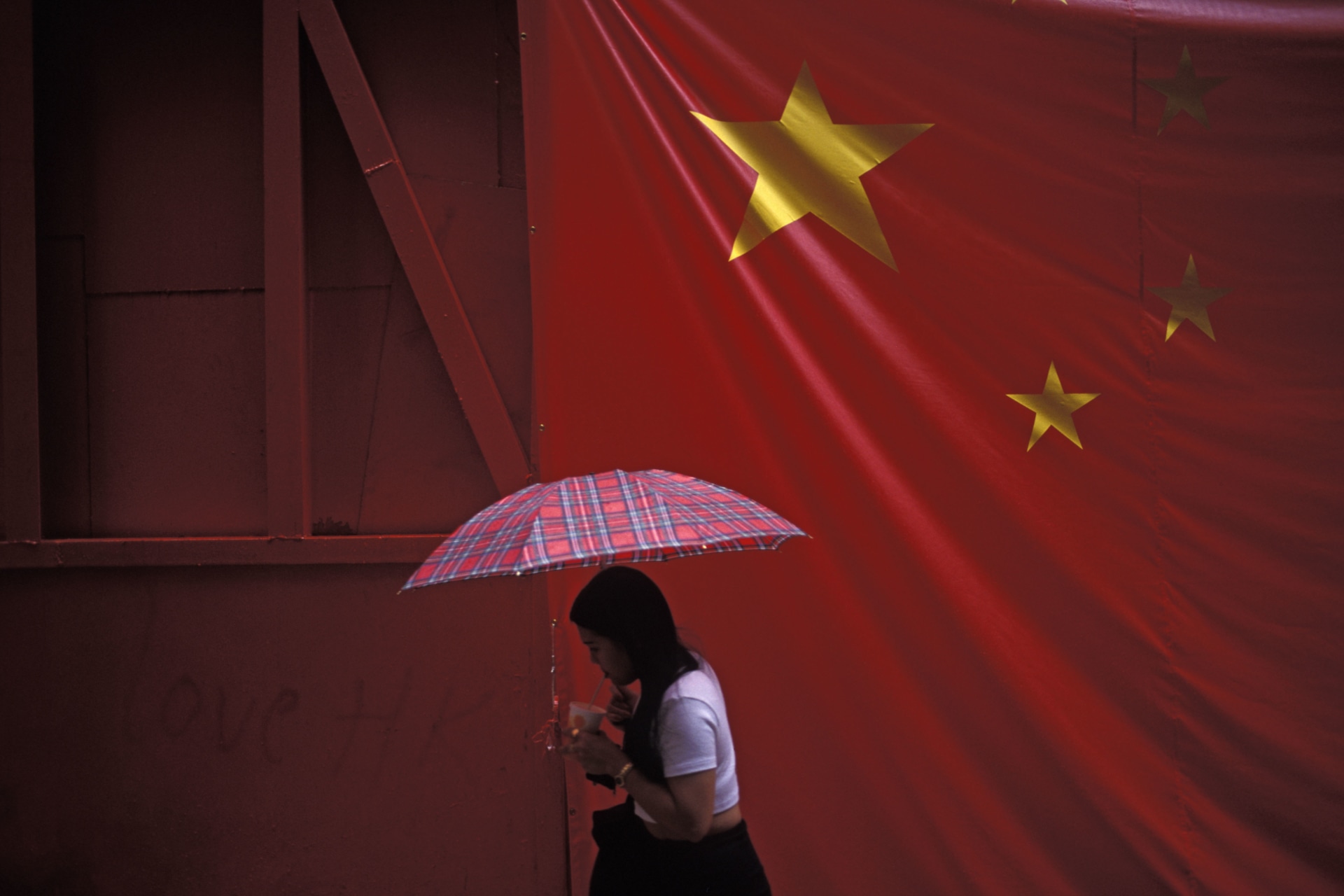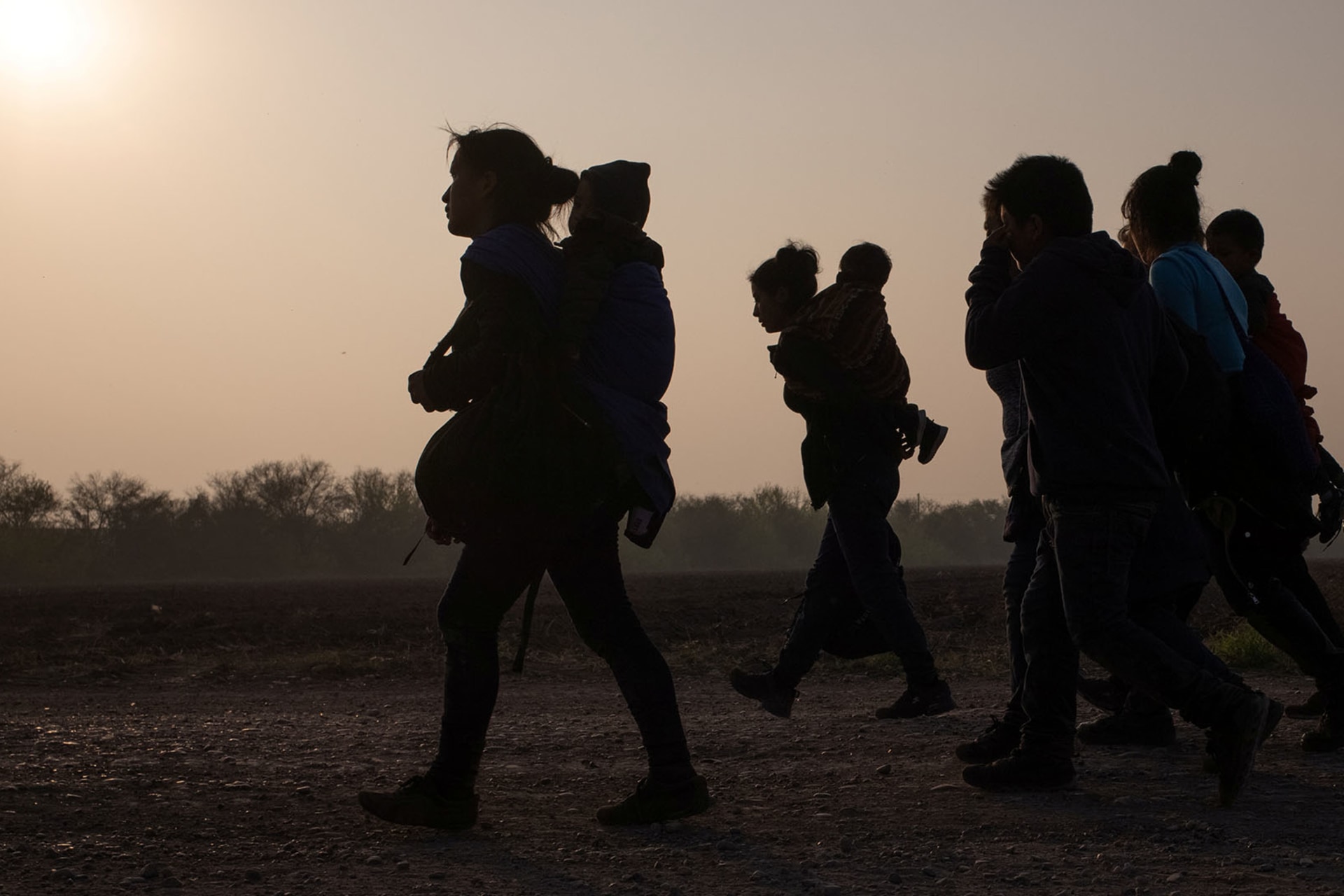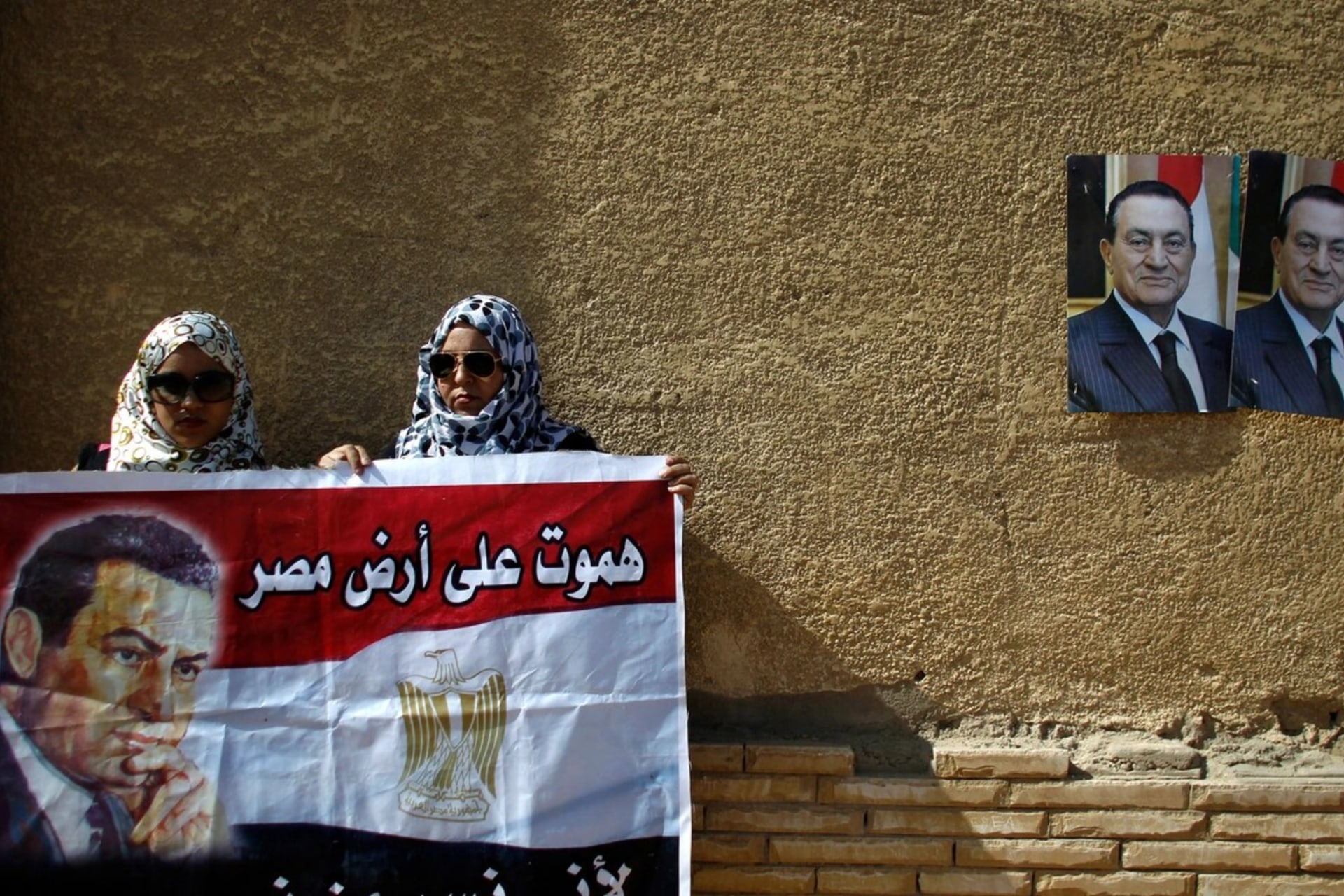Jeremy Sherlick
Director of Video
Jeremy Sherlick is the director of video at CFR, where he oversees all phases of video production, including strategic planning, design, and workflow management. His work involves crafting fact-based video products that incorporate strong narrative development, visual design, cinematography, and motion graphics. Under his leadership, his team has published thousands of videos on YouTube, Instagram, TikTok, and LinkedIn, reaching tens of millions of viewers and building an audience of more than five hundred thousand subscribers across CFR’s social platforms.
During his tenure at CFR, he supervised the creative direction and production of award-winning long-form websites, digital video series, and audio franchises. He built the organization’s podcast strategy from the ground up, establishing partnerships with Apple Podcasts, Spotify, Google, Stitcher, and Pushkin that resulted in millions of downloads per year.
Before joining CFR, he worked across the media industry, including stints at Pixar and Miramax, with experience spanning feature-length documentaries, animation projects, special effects, and television. His work has been recognized with four Emmy Awards and more than twenty-five journalism awards for innovation in storytelling, such as those from the Overseas Press Club of America, Webby, Sigma Delta Chi, and the Online News Association.
He has a BA in anthropology from the University at Buffalo and an MFA in film production from University of Southern California’s School of Cinematic Arts.


